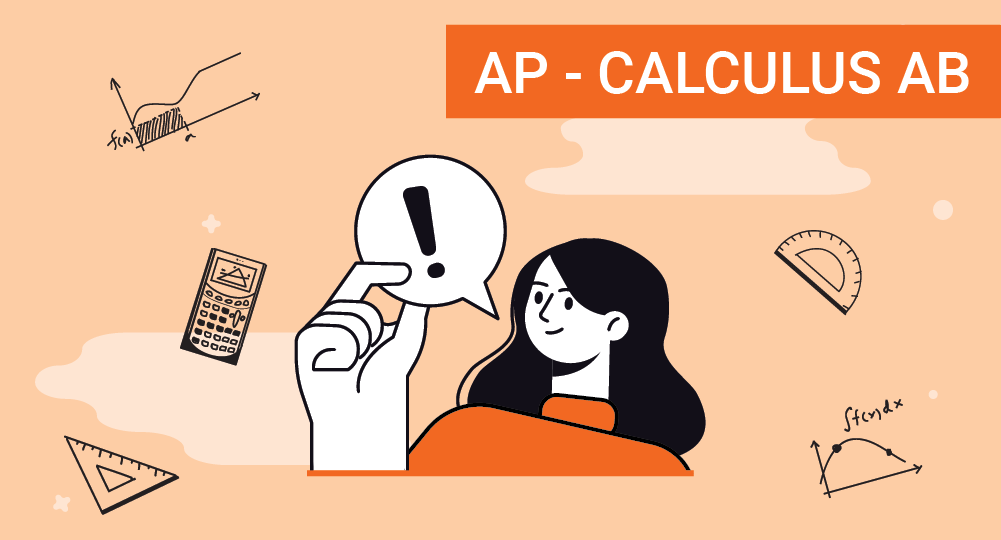
AP Literature
The AP Literature exam, overseen by the College Board, is a standardized test taken by high school students. The Advanced Placement (AP) Literature course offers an introduction to college-level literature studies. The exam evaluates students' comprehension and analysis of literature, focusing on key concepts such as theme, character, plot, structure, and figurative language. It challenges students to engage in critical inquiry and interpretive exploration of various literary works, encompassing prose, poetry, and drama from diverse time periods and cultures.
Know more about AP Literature and Composition
AP Literature and Composition, also known as AP English Literature and Composition, is an Advanced Placement course and exam offered by the College Board. Like AP Language and Composition, it is designed to prepare high school students for college-level reading, writing, and critical analysis, but it specifically focuses on the study of literature.
Course Overview:
The AP Literature and Composition course aims to develop students' skills in analyzing and interpreting various literary works, including prose, poetry, drama, and other forms of literature. The course emphasizes the exploration of literary devices, themes, and the historical and cultural contexts of literary works. The key objectives of the course include:
Analyzing and interpreting the meaning and significance of literary texts.
Understanding and recognizing various literary devices and techniques used by authors.
Making connections between literature and its historical and cultural contexts.
Developing critical reading and analytical skills.
AP Exam Details:
The AP Literature and Composition exam assesses students' understanding of the course material and their ability to analyze and interpret literary works effectively. The exam consists of two main sections:
Multiple-Choice Questions: This section contains approximately 55 multiple-choice questions based on various literary works. Students must demonstrate their ability to analyze and interpret the passages provided.
Free-Response Questions: This section includes three essay prompts that students must respond to within a time limit of 2 hours. The three essay types are: Poetry Analysis Essay, Prose Analysis Essay, Open-Ended Essay.
Test Pattern
| S No | Test Section | Number of Questions | Time Allotted |
|---|---|---|---|
| 1 | Multiple Choice | 55 | 60 minutes |
| 2 | Free Response | 3 | 120 minutes |
What you'll learn
- 1
Short fiction - Textual details, character's perspectives and motives, sequence, Function of Narrative, Develop a paragraph.
- 2
Poetry - character's perspectives and motives, Function of contrasts, Simile, Metaphor, Develop a paragraph.
- 3
Longer fiction or Drama - Events of a plot, Conflict, Develop paragraph, thesis statement and commentary, line of reasoning.
- 4
Short fiction-2 - Complexities of character relationships, e details, diction, or syntax in a text, Develop paragraph, thesis statement and commentary
- 5
Poetry-2 - Literal and figurative meanings, function of an image, metaphor, personification, Allusion
- 6
Longer fiction or Drama - Complexities in the character, sequence of events, details, diction, or syntax in a text, narrator’s reliability
- 7
Short fiction - Function of character, narrator’s reliability, function of a symbol, Simile, Personification, Develop paragraph, thesis statement and commentary
- 8
Poetry - function of structure, contrast, specific phrases, Metaphor, Allusion, Develop thesis statement and commentary
- 9
Longer fiction or Drama - Character complexities, Plot, Conflict, details, diction, or syntax, Develop thesis statement and commentary
Skills you'll learn
Explain the function of character
Explain the function of setting
Explain the function of plot and structure
Explain the function of the narrator or speaker
Explain the function of word choice, imagery, and symbols
Explain the function of comparison
Develop textually substantiated arguments about interpretations of part or all of a text














